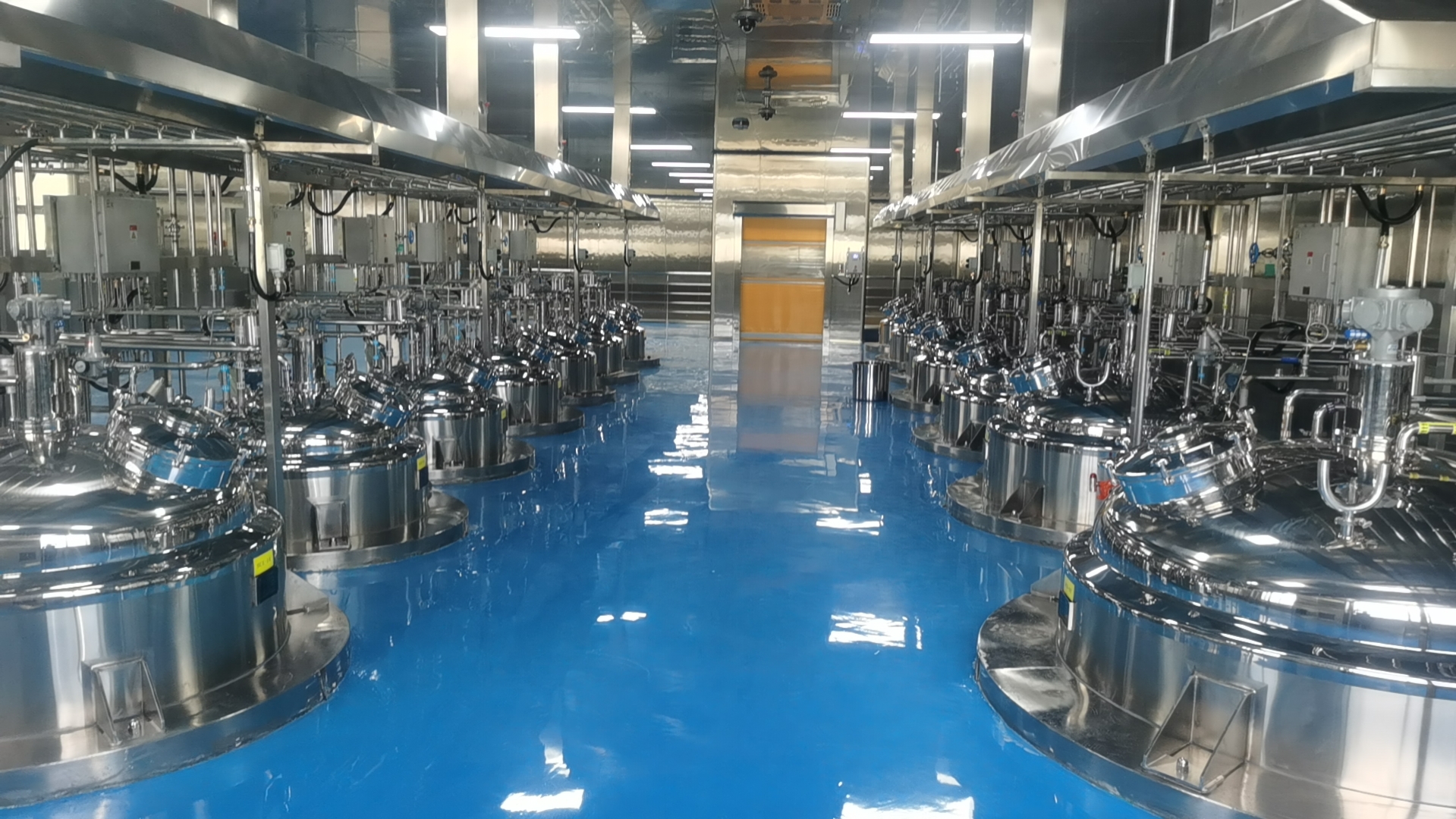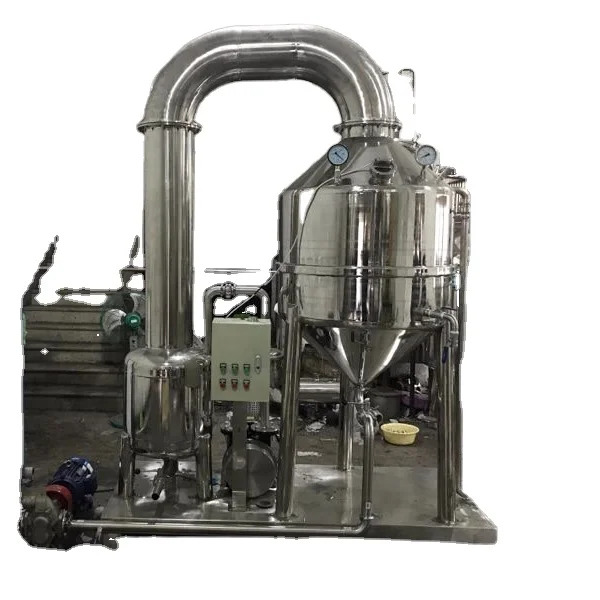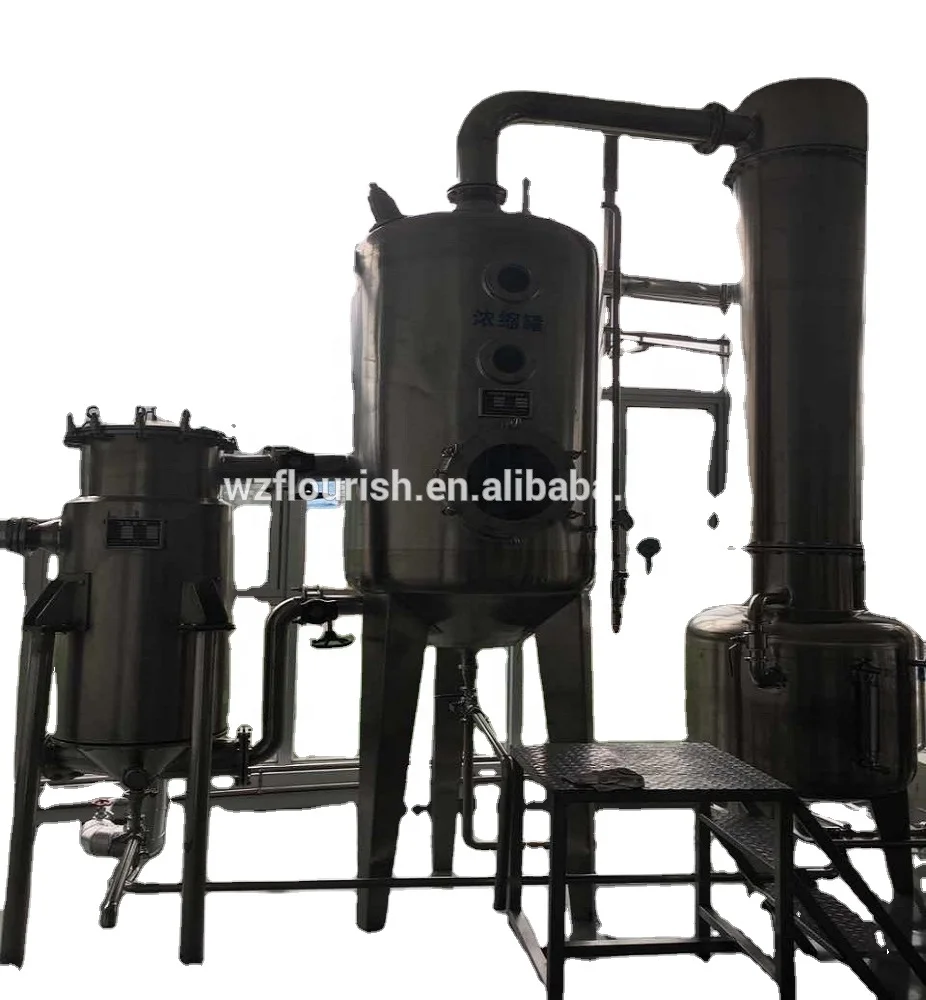
ABOUT
Wenzhou Vince Machinery Science Co., Ltd. was established in early 1980s. Our company covers an area of 6500 square meters and is an independent legal representative firm, possessing rich economic technology strength. Our company is a high tech enterprise and plays an important role in national dairy, foodstuff, pharmacy and machinery industries. We are a beverage machinery supplier.
Since the establishment, our company has mainly engaged in dairy products, foodstuff, beverage machinery, bean products, yellow wine, medicines and fermentation projects. What's more, our company supplies a complete sequence services in manufacturing, installation, test and personnel train, as well as the whole direction service design and consulting service on product project construction or enlargement artistic distribution engineering sets budget.
Innovative Processes in Modern Juice Production
High-Pressure Processing (HPP)
One significant breakthrough is High-Pressure Processing (HPP). Unlike traditional heat pasteurization, HPP uses ultra-high pressure to inactivate microorganisms, extending shelf life without compromising the nutritional value or the fresh taste of the juice. This is particularly beneficial for juices containing sensitive vitamins and enzymes that are degraded by heat. The result is a product that boasts a longer shelf life while maintaining the natural flavor profile and nutritional integrity prized by consumers.
Furthermore, HPP allows for the creation of minimally processed, "clean label" juices, appealing to the growing demand for healthier, natural products with fewer additives. This technology is increasingly adopted by manufacturers striving to meet evolving consumer preferences for both taste and health.
Membrane Filtration and Concentration
Membrane filtration technologies, including microfiltration, ultrafiltration, and nanofiltration, are playing an increasingly important role in juice production. These processes allow for precise separation and purification of juice components, removing unwanted particles, microorganisms, and even specific compounds impacting taste or color.
Moreover, membrane concentration techniques are used to reduce the water content of juice, leading to a more concentrated product, which simplifies storage, transportation, and reduces packaging costs. This process preserves flavor and reduces reliance on artificial additives commonly used in traditional concentration methods.
Advanced Extraction Techniques
Traditional juice extraction methods often resulted in significant losses of valuable nutrients and bioactive compounds. However, modern techniques like pulsed electric field (PEF) processing and ultrasound-assisted extraction are minimizing these losses. PEF uses short bursts of high-voltage electricity to disrupt cell walls, releasing more juice and maximizing the extraction of valuable components.
Similarly, ultrasound-assisted extraction uses sound waves to enhance the release of bioactive compounds from the raw material. These innovative approaches lead to juices that are not only more flavorful but also richer in nutrients, antioxidants, and other beneficial substances.
Sustainable Practices
Modern juice production is also increasingly focused on sustainability. This includes reducing water consumption through optimized extraction processes, minimizing waste through innovative by-product utilization, and employing environmentally friendly packaging materials. Companies are also investigating the use of renewable energy sources to power their production facilities.
The pursuit of sustainable practices is driven not only by environmental concerns but also by growing consumer demand for ethically and responsibly produced goods. This commitment to sustainability is becoming a defining characteristic of the modern juice industry.
SUBSCRIBE
INQUIRY





